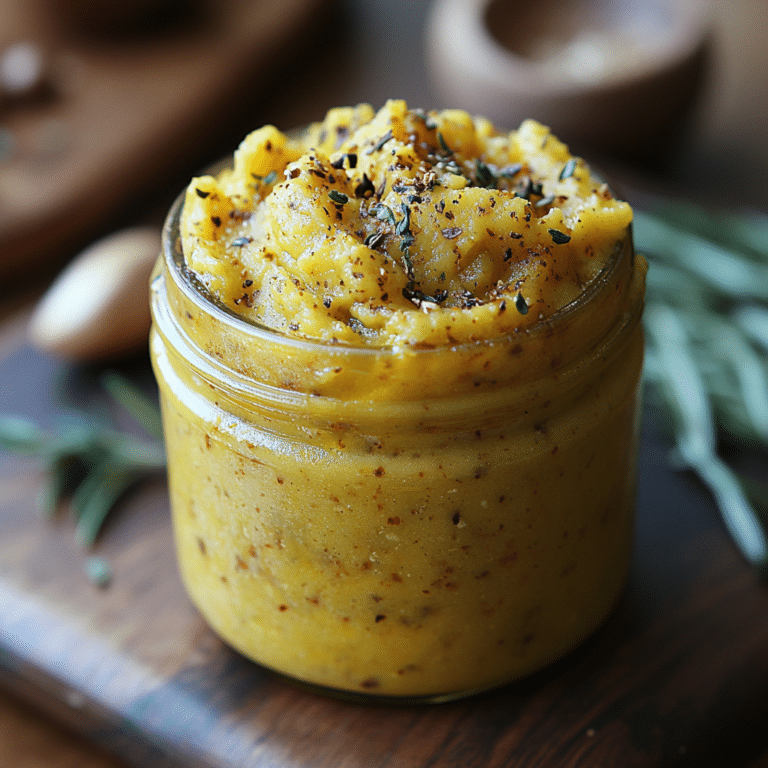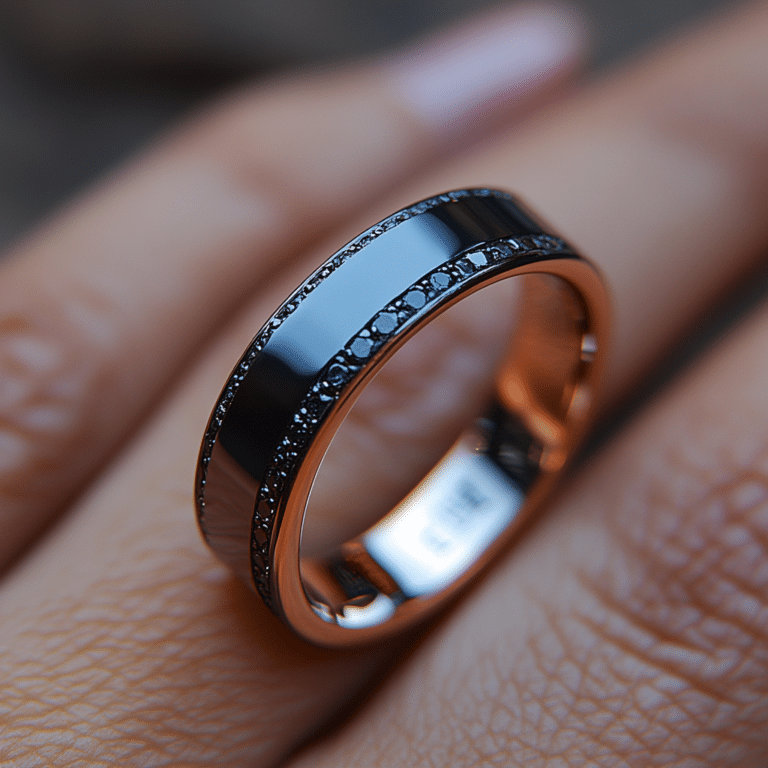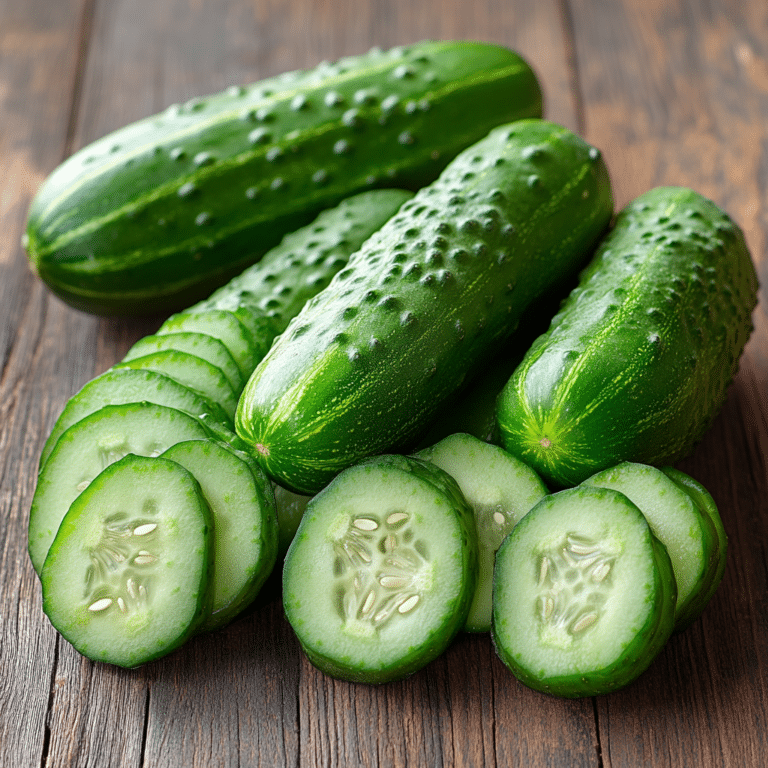The Origins of the Mustard on Burns Belief
The idea of slathering mustard on burns is a curious old-wives’ tale that has managed to stick around, despite a lack of scientific backing. This belief can be traced back to European immigrants who introduced mustard poultices to American culture. Historical references from the late 19th century and early 20th-century home remedy books highlight mustard’s popularity as a folk treatment.
You see, mustard was often touted for its stimulating, cleansing, and rejuvenating properties. Early journals and folklore archives paint an intriguing picture of how this spicy condiment transitioned from kitchen staple to a purported cure-all. But how did we get from mustard hotdogs to mustard on burns?
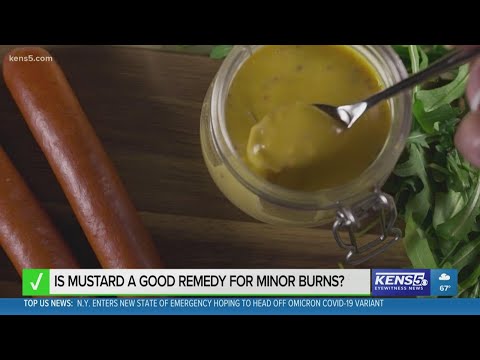
Mustard on Burns: Scientific Investigations and Findings
Fast-forward to 2024, and the intersection of traditional medicine with scientific scrutiny is more pronounced than ever. Modern studies consistently show that mustard isn’t a miracle treatment for burns. In fact, experts like Dr. Susan Whitfield at Johns Hopkins Burn Center have found that mustard might actually irritate burns more than heal them. Her in-house experiments revealed that the warm sensation you feel after applying mustard doesn’t imply healing—it’s just the active compounds like capsaicin causing irritation.
Mustard seeds’ biochemical properties have been thoroughly examined. While compounds like allyl isothiocyanate possess anti-inflammatory qualities, these benefits don’t extend to treating burns. Instead of providing relief, mustard can exacerbate the symptoms, making matters worse.
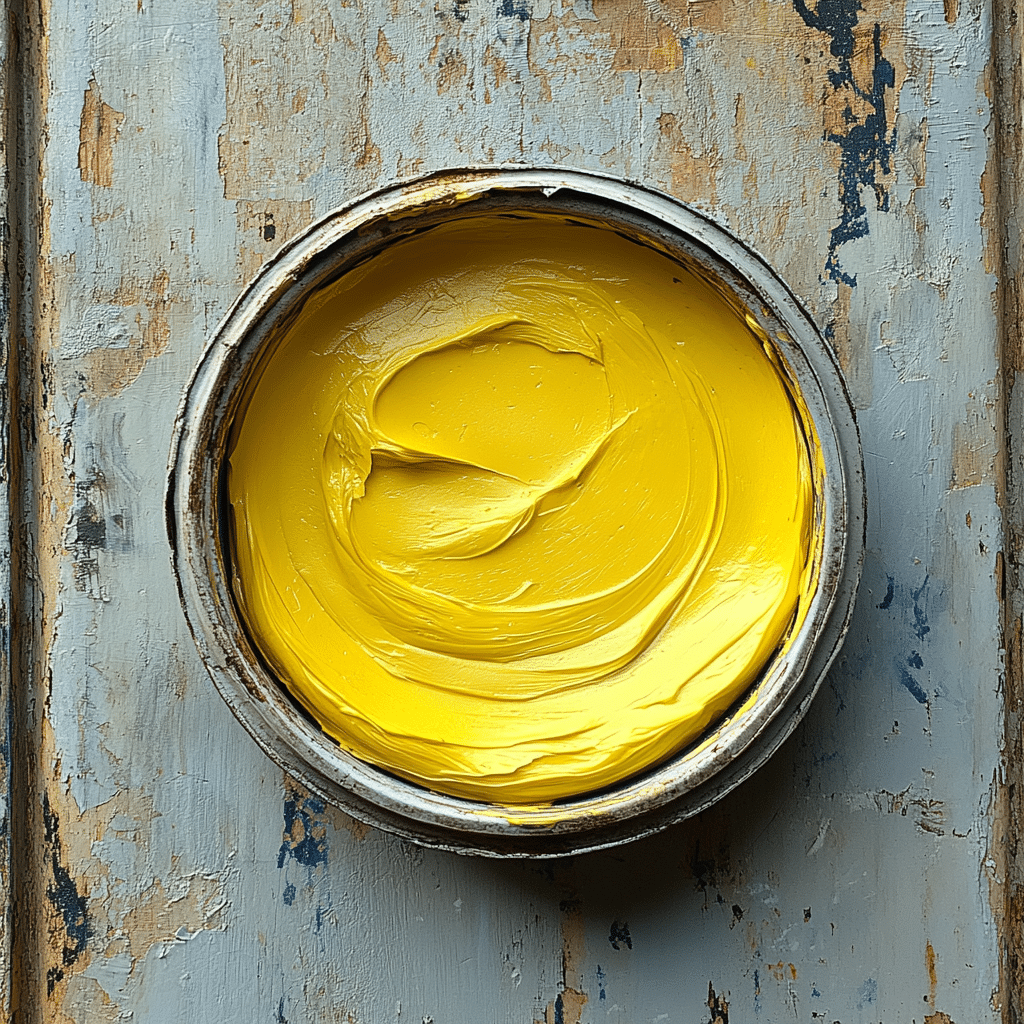
| Category | Information |
| Myth | Mustard can help heal burns. |
| Scientific Evidence | No scientific evidence supports the use of mustard for treating burns. |
| Potential Risks | May irritate the skin, worsen symptoms, and cause further damage. |
| First-Degree Burn Care | Use unscented lotion or aloe vera, avoid sun exposure, and do not apply substances like mustard. |
| Recommended Treatment | Cool the burn with cold running water for 20 minutes immediately after injury. |
| Avoid | Ice, iced water, creams, and greasy substances like butter or mustard. |
| Traditional Uses of Mustard | Known for stimulating, cleansing, and rejuvenating properties, but not for burn treatment. |
| Skin Reaction | Mustard may make the skin feel warm but does not indicate healing. |
Case Studies: Personal Accounts and Medical Reports
Real-life experiences provide a mixed bag of outcomes. Take Baltimore resident Tracy Mitchell, who once applied Grey Poupon mustard to a minor kitchen burn. She reported an initial soothing effect followed by increased redness and swelling—a stark contrast to the relief she hoped for.
On the flip side, medical reports from Mercy Medical Center reveal potentially harmful reactions. Patients have often showed up with worsened symptoms after trying out this home remedy. The consensus in the medical community is clear: steer clear of mustard for burns.
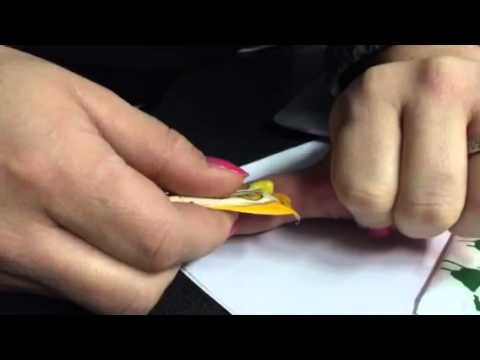
Mustard Brands: Common Names, Different Effects?
You’d think that different mustard brands like French’s, Dijon, or even Grey Poupon might have varying effects when used on burns. However, the reality isn’t all that complicated. Ingredients like turmeric and vinegar, found in many mustards, do not provide any significant benefits in treating burns. Food scientists’ analysis concluded that these components fail to offer the healing properties many believe they do.
Consumer reports and user experiences also highlight minimal differences across brands in terms of efficacy on burns. Whether it’s the average mustard you get at the grocery store or a fancy French variety, the results are uniformly discouraging.
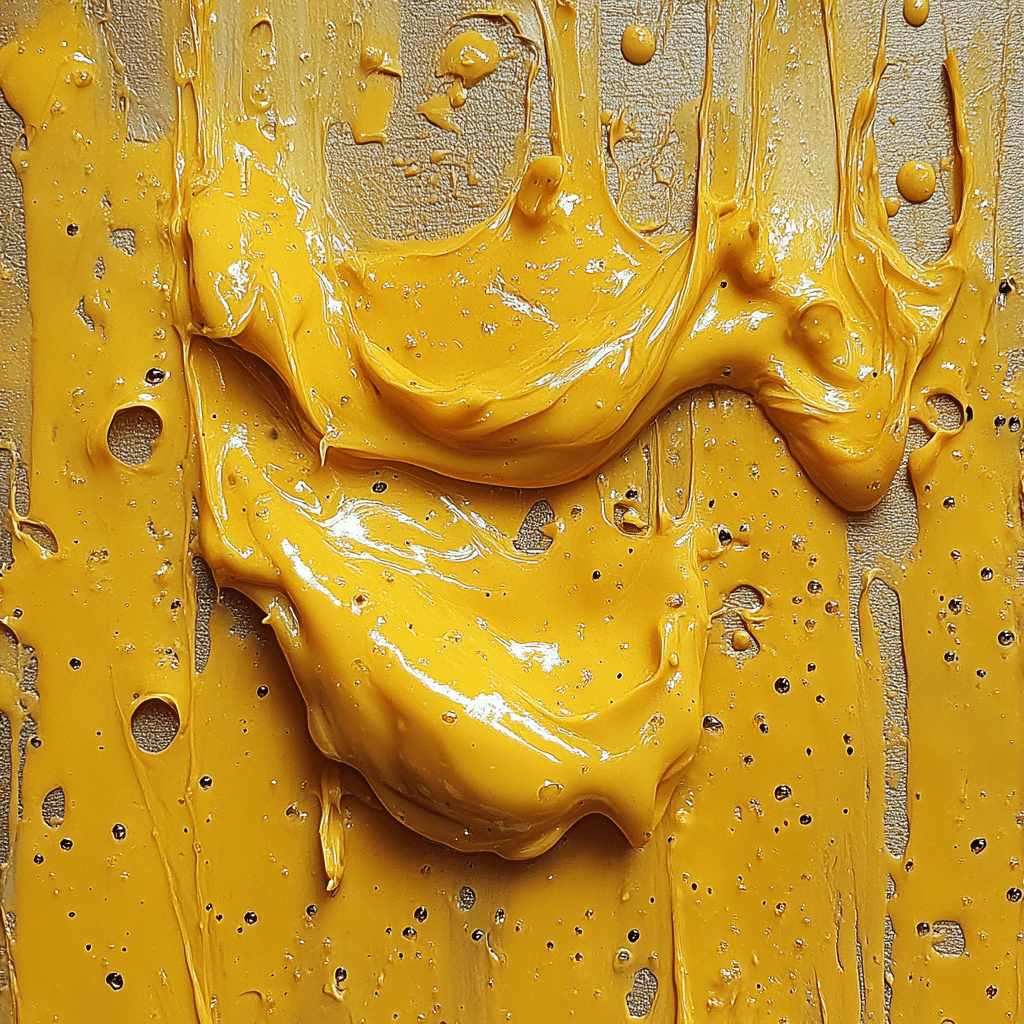
Alternative Remedies: Comparing Mustard and Other Common Treatments
When it comes to treating burns, alternative remedies like honey, aloe vera, and tea tree oil often come into the conversation. Dermatologist Dr. Kevin Wang conducted a comparison study on various household treatments for first-degree burns. His findings show that honey and aloe vera are much more effective at promoting healing and reducing inflammation than mustard could ever be.
Laboratory tests support these claims, identifying aloe vera’s cooling effect and honey’s natural antibacterial properties as superior treatments.

The Role of Psychology: Placebo Effect or True Healing?
Here’s where things get fascinating. Sometimes the belief in a treatment’s efficacy can be powerful in itself. Psychologist Dr. Emily Parker from the University of Maryland sheds light on the placebo effect, emphasizing how strong expectational relief can alter perceived healing.
When evaluating the psychological impact, it’s obvious that mustard’s supposed benefits might stem more from belief than actual science. Studies indicate that when people expect relief, they often report reduced pain and faster healing, regardless of the treatment used.
Mustard Myths: Dissecting Viral Trends and Press Coverage
In our digital age, health myths spread like wildfire, especially on platforms like TikTok and Instagram. Viral videos and trends have significantly influenced the resurgence of mustard as a burn remedy. Media analyst Jenna Davis from Digital Health Trends Analytics points out specific instances where viral content has misled viewers.
For instance, a TikTok trend encouraging the use of mustard gained millions of views but lacked scientific credibility. Such trends can be harmful, causing more damage than good.
Practical Insights From Experts
To wrap things up, practical advice from experts should guide you through the jungle of home remedies. Dr. Richard Lee advises cooling the burn with cold running water for 20 minutes. Avoid using substances like mustard, butter, or toothpaste. Instead, opt for unscented lotion or aloe vera.
Holistic practitioners like Laurie Stone recommend cautious use of any home remedies, prioritizing safety and scientifically backed treatments.
The Future of Mustard as a Remedy: Perspectives and Potential Research Directions
As we look forward, perhaps the most intriguing question is whether mustard will ever transition from a folk remedy to a scientifically validated treatment. Upcoming projects from NIH’s Complementary and Integrative Health department are promising. They aim to fill gaps in current studies with new experimental trials.
The next decade might finally put to rest the debate on mustard for burns. But for now, the medical consensus advises sticking to proven treatments that ensure safe and effective healing.
This comprehensive guide aims to illuminate the mustard on burns debate, cutting through myths and laying bare the truths, providing you with a balanced understanding based on solid evidence and expert advice.
Highest mean | ice cube young | princess And beast | alabama state tax | mortgage rates rates | Mll | morgan state university shooter | most valuable Players football
Mustard on Burns: Harmful Myth or Healing Remedy?
Mustard’s Surprising History
Did you know that using mustard on burns is a practice with roots stretching back centuries? It’s true! This folk remedy has been passed down through generations, with believers swearing it reduces pain( and speeds up healing. But where did this idea come from? Well, the thought is that mustard’s natural oils can soothe burning skin, much like how a cold compress does. Fascinating, isn’t it?
The Science Behind It
However, the reality is a bit different. Modern research has yet to support mustard on burns as a scientifically sound treatment. Rather, doctors recommend( using cool water to wash the burn, followed by applying antibiotic ointment and a clean bandage. Despite this, mustard’s quirky presence in the home remedies toolbox persists, probably because mustard is a staple in nearly every kitchen.
Pop Culture Influence
Mustard on burns even makes appearances in pop culture! Remember the scene in “Little House on the Prairie” where Caroline uses mustard plasters for muscle pain? It’s stories like these that keep the old traditions alive. For minor burns, it’s essential to follow professional guidelines( rather than trusting these intriguing yet unproven methods.
Final Thoughts
While the idea of mustard on burns may evoke a sense of mystery and nostalgia, it’s important to rely on evidence-based practices for serious situations. Who knows, maybe one day science will catch up with Granny’s old-time wisdom. But until then, next time you get a burn, stick to the tried and true—cool water, antibiotics, and a bandage.
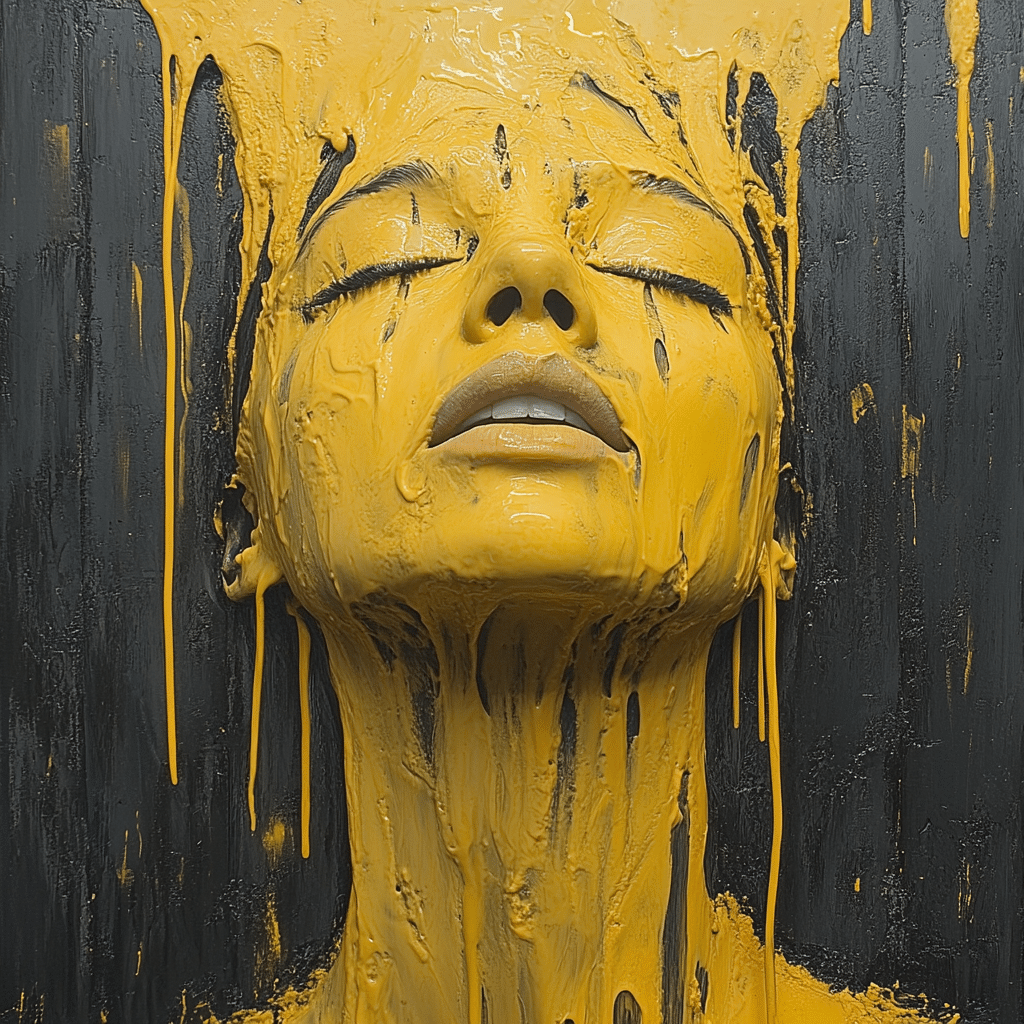
Does mustard help on burns?
Mustard doesn’t help with burns. There’s no scientific evidence supporting this claim, and it may actually irritate your skin even more.
Do you put mustard or mayonnaise on a burn?
Neither mustard nor mayonnaise should be put on a burn. Using these substances can aggravate your skin and make the burn worse.
What does rubbing mustard on skin do?
Rubbing mustard on the skin may make it feel warm and tingly due to its stimulating qualities, but it doesn’t have any proven healing benefits and could cause irritation.
What pulls heat out of a burn?
To pull heat out of a burn, run cold water over it for about 20 minutes. Avoid using ice or iced water, as these can damage the skin further.
What is the best thing to heal burns quickly?
The best way to heal burns quickly is to apply an unscented lotion or aloe vera after cooling the burn with cold water. Avoid direct sunlight on the affected area.
What does mustard rub do?
Mustard rubs are traditionally believed to stimulate and cleanse the skin by opening the pores, but this isn’t scientifically proven to heal burns or other conditions.
How do chefs treat burns?
Chefs usually treat burns by immediately running cold water over the affected area for about 20 minutes to reduce heat and pain.
What is the best ointment for burns?
For burns, an unscented lotion or aloe vera is best. These help soothe and moisturize the skin, aiding in the healing process.
What is the best dressing for a burn?
The best dressing for a burn would be a clean, non-stick dressing to protect the area and keep it moist while it heals.
What does a spoonful of mustard help?
A spoonful of mustard is often thought to help with minor muscle cramps because of its vinegar content, but its effectiveness is not scientifically verified.
Is mustard a healing agent?
Mustard is not a proven healing agent for skin burns or any other medical conditions, despite common household beliefs.
What is mustard a remedy for?
Traditionally, mustard has been used as a remedy to stimulate circulation and detoxify, but these effects are not strongly supported by scientific studies.
Does mustard help with burns?
Mustard does not help with burns and can actually worsen the condition by irritating the skin further.
What draws out the sting of a burn?
To draw out the sting of a burn, running cold water over the area for about 20 minutes is most effective.
What should you never put on a burn and why?
Never put substances like mustard, egg whites, mayonnaise, butter, or toothpaste on a burn, as they can cause infection and worsen the damage.
Does mustard help stings?
Mustard doesn’t help with stings and might irritate the area more, so it’s best to avoid using it.
What dressing is good for burns?
For burns, a clean, non-stick dressing is good. It helps to protect the affected area and aids in healing by keeping the wound moist and free from infection.
What does mustard relieve?
Mustard is traditionally believed to relieve muscle cramps due to its stimulating properties, but this isn’t scientifically proven.
Why is mustard good for heart burn?
Some people believe mustard can help with heartburn because it contains acids that can neutralize stomach acid, but scientific proof of its effectiveness is lacking.

